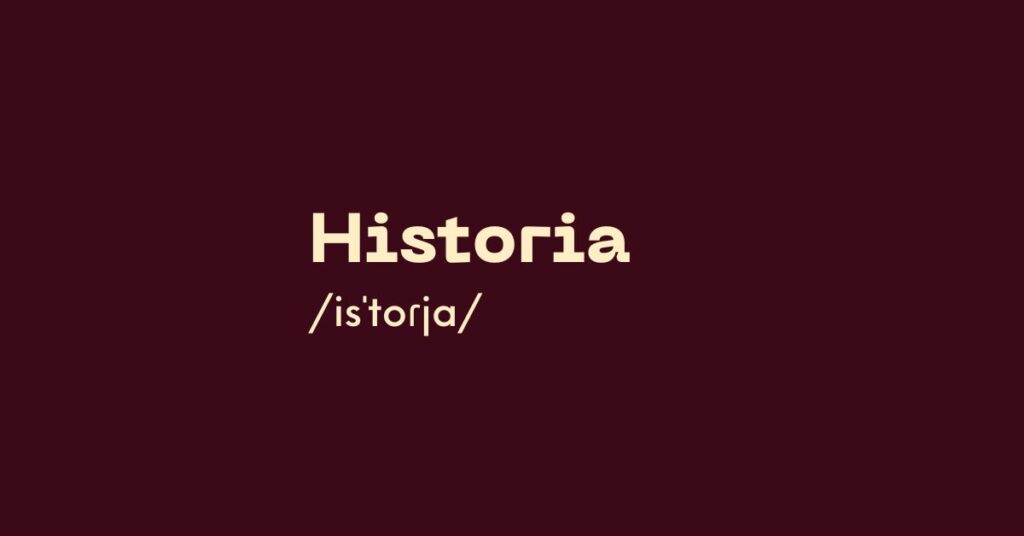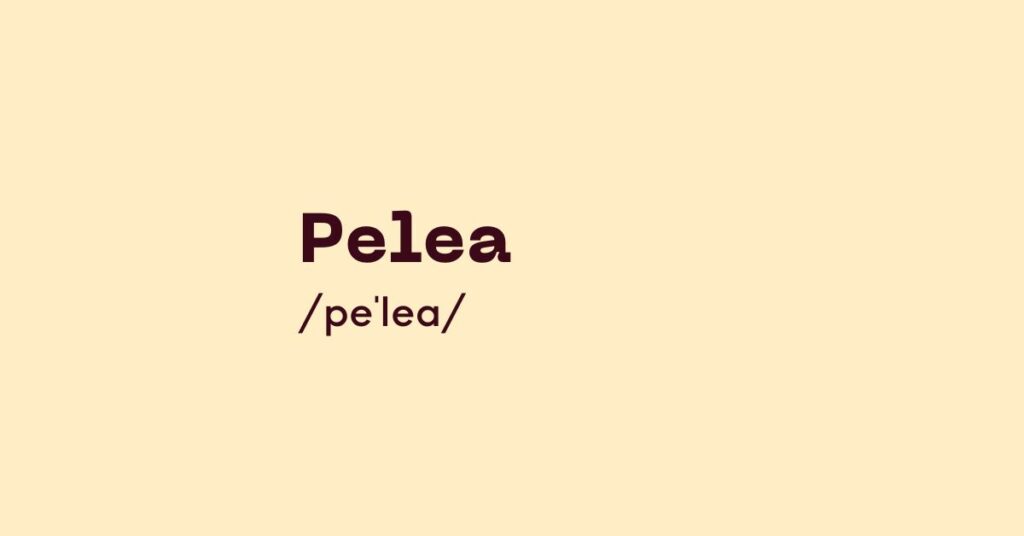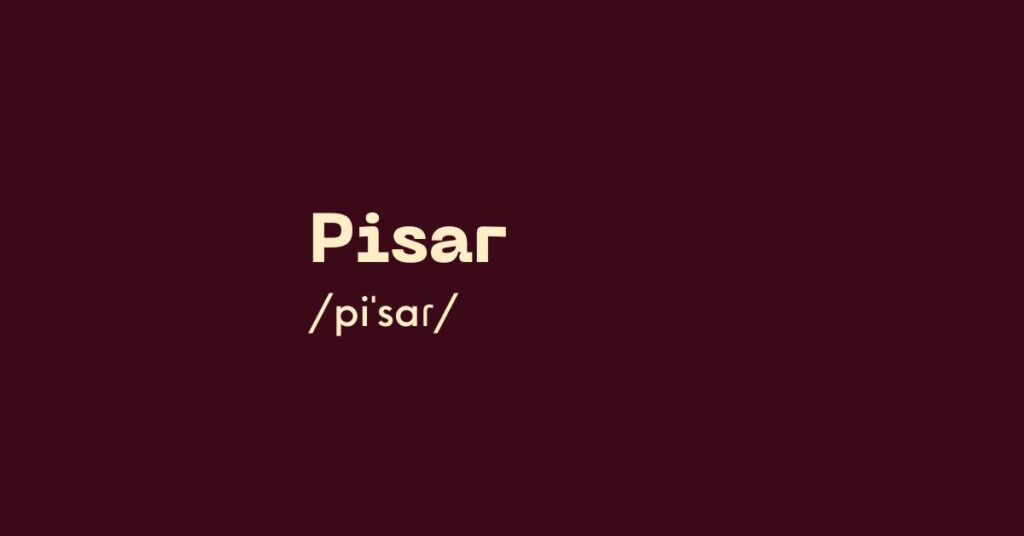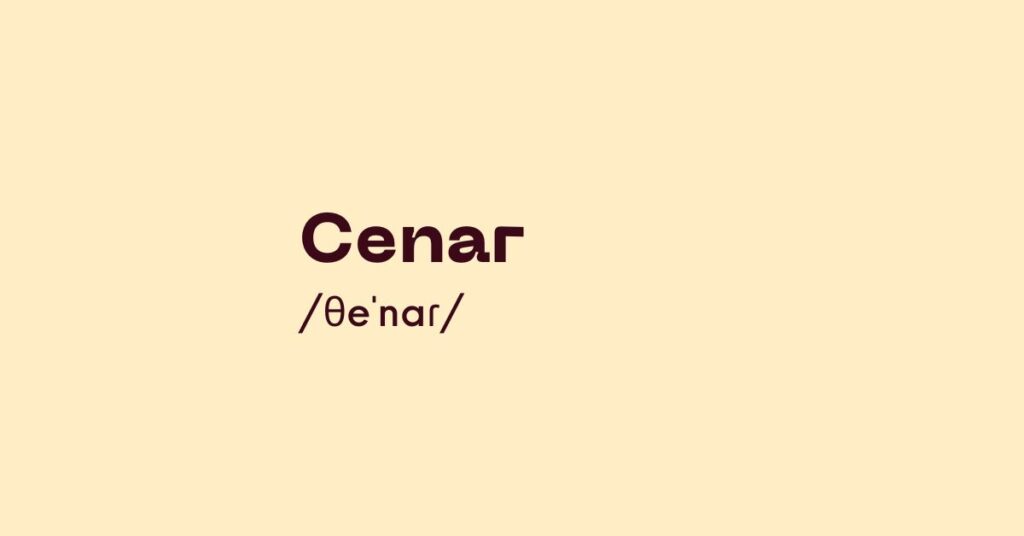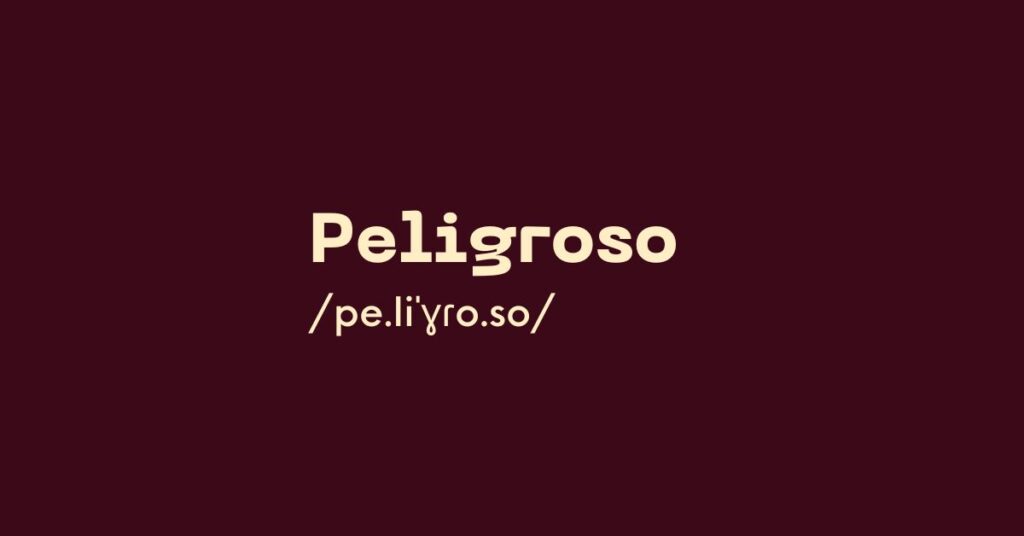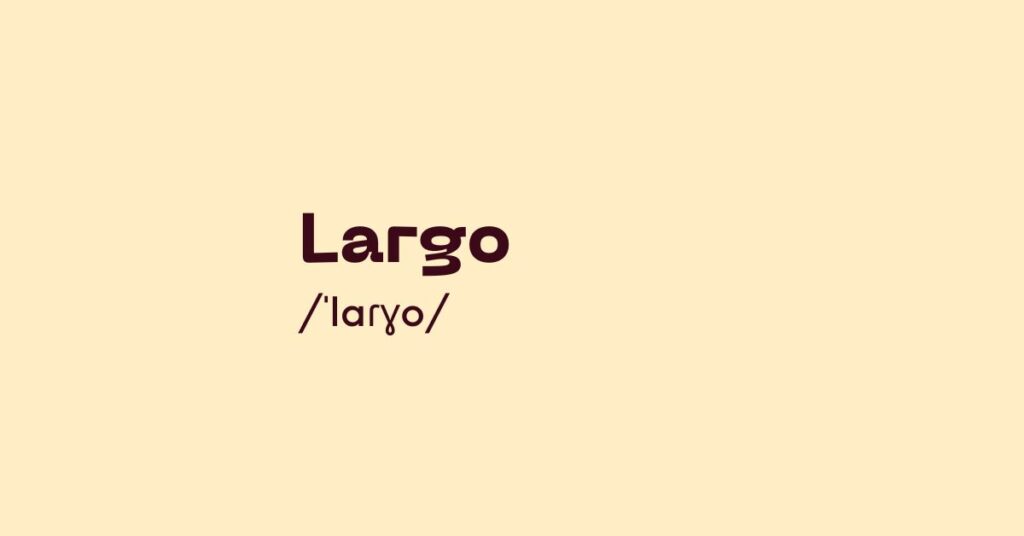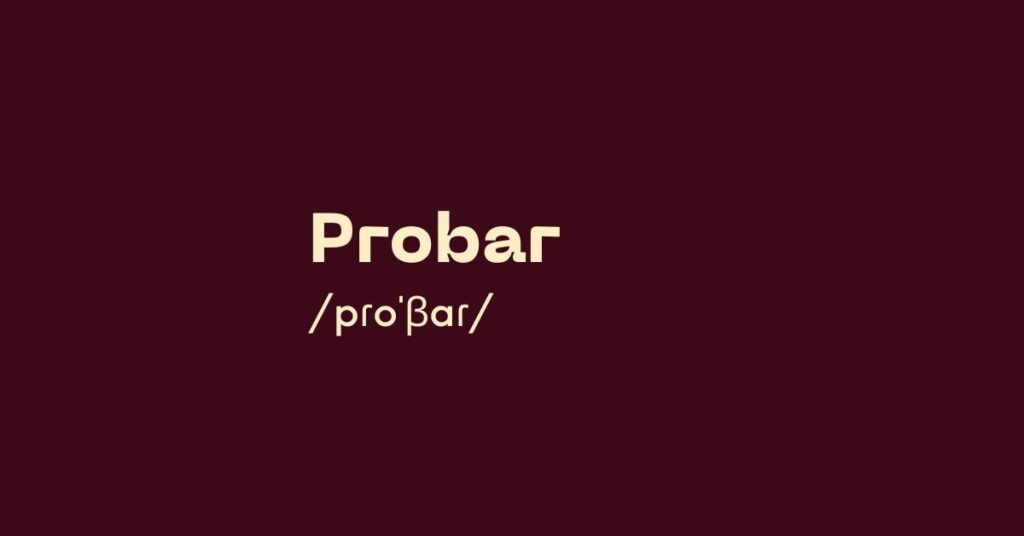Historia
Today’s Spanish word of the day is “historia”. It’s a feminine noun meaning “history” or “story”. Like the English words “history” and “story”, it comes from Latin historia, which referred to a narrative of past events. Unlike in English, Spanish doesn’t have separate words for history in the sense of studying the past and for […]
